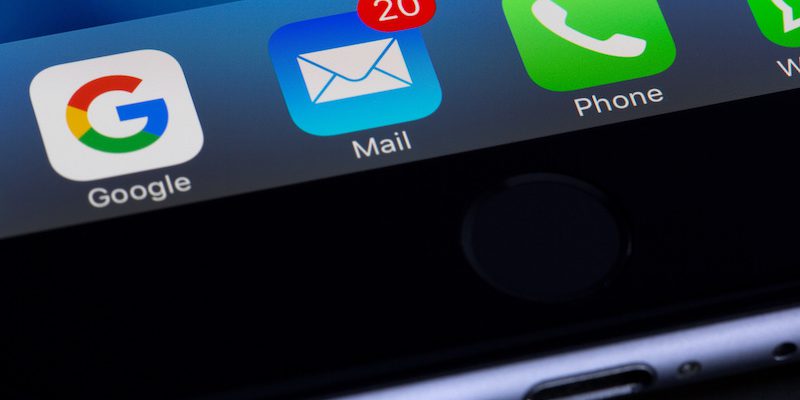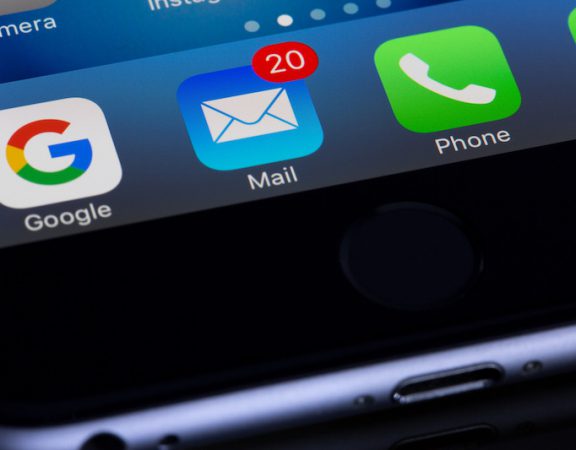

Are you going to be answered?

No wonder we all spend so much time obsessing about subject lines, exact phrasings, and crafting the perfect ask. But according to research from email software company Boomerang, there’s one part of your messages you’re probably not putting enough thought into your closing. Are you going to be answered?
Most of us slap a pleasant-sounding “Best” or “Regards” on the end of our emails and call it a day. But when Boomerang trawled through 350,000 emails to see how particular closings impact whether a message gets a reply, they discovered how you sign off matters a surprising amount. In fact, simply ending your email with an expression of gratitude can dramatically increase the likelihood of getting a reply.
How much does closing with some version of “Thank you” matter? That depends on what you compare it with. If you previously signed off “See you later, alligator!” then obviously switching to “Thanks!” is going to be a massive improvement. But even if you were going with something standard and non-offensive like “Cheers” or “Regards,” the difference might surprise you.
“Emails where we detected a thankful closing saw a response rate of 62 percent. This compared to a response rate of 46 percent for emails without a thankful closing. Closing with an expression of gratitude thus correlated with a whopping 36 percent relative increase in average response rate compared to signing off another way,” reports Boomerang.
“Thanks in advance” had the highest response rate of all the closings at 65.7 percent. While emails that ended with a standard “Best” got answered just 51.2 percent of the time.
That might sound like too big a jump to be credible. But Boomerang also dug up some academic research to support its findings. Signing off with gratitude isn’t appropriate for every professional email, of course. You have to gauge the situation, the personal style of the recipient, and the particular relationship between you. Sometimes “Thank you so much in advance!” can come across as pushy or overly perky. But this study suggests you shouldn’t be so quick just to thoughtlessly type “Best” on the end of your emails.
Closings make a difference, and thankful closings seem to make the biggest difference of all. Email recipients (and, according to other research, everyone else really) like to be thanked a lot more than you probably think.
Here’s Boomerang report: https://blog.boomerangapp.com/2017/01/how-to-end-an-email-email-sign-offs/#footnotes

